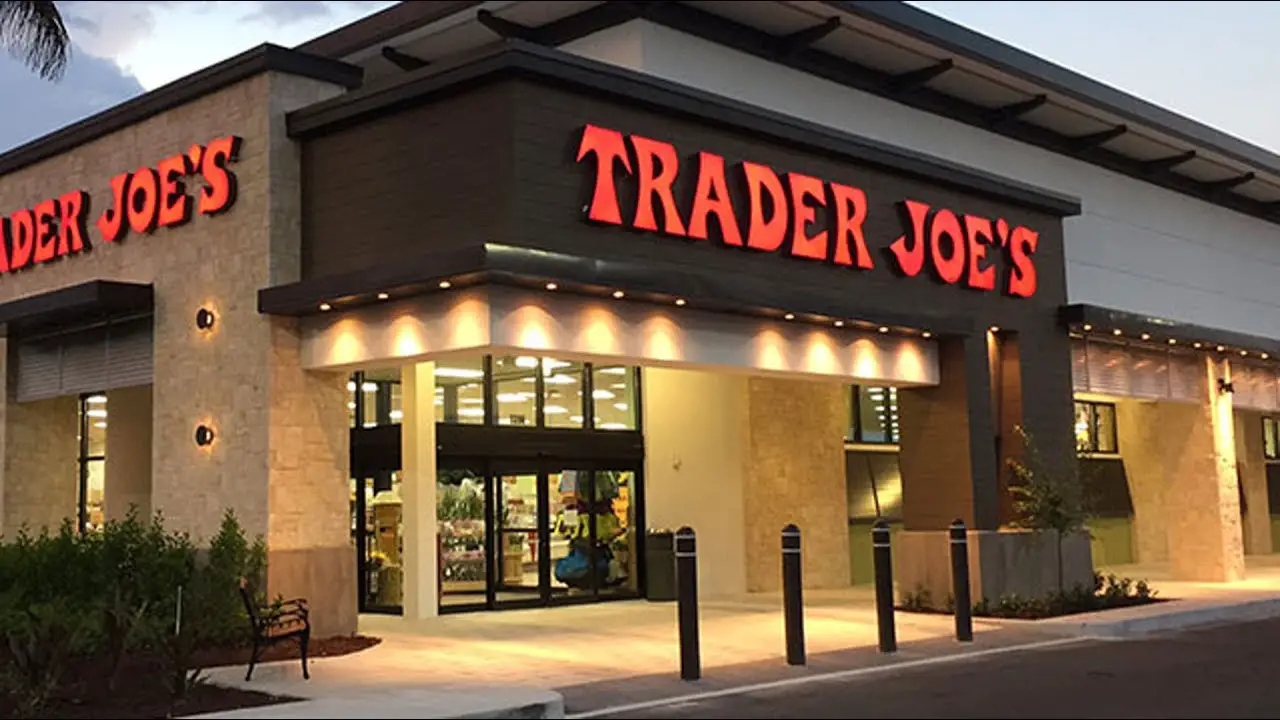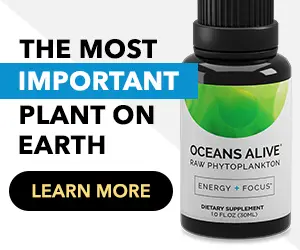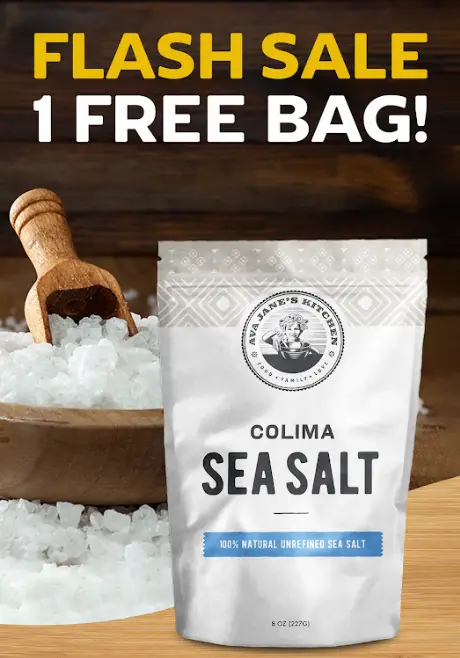
Trader Joe’s has made a huge change for the health of the environment.
Natural and organic focused grocery stores are becoming more popular across the country, and Trader Joe’s has become one of the biggest of them all, generating an estimated $8.27 billion in sales in 2015 with numbers rising steadily each year.
Customers enjoy Trader Joe’s focus on simplicity and unique gourmet foods, as well as its decision not to include high fructose corn syrup, GMOs, and other artificial ingredients in its signature label products.
Now, the popular grocery store chain is out a stark change in the way it deals with waste from plastic, and it could be a huge trendsetter in an industry that needs some work in the environmental stewardship department.
Trader Joe’s Phasing Out Single-Use Plastics Nationwide
Responding to a petition launched by Greenpeace, Trader Joe’s has announced that it is now phasing out single-use plastics nationwide, according to a report this week from the website EcoWatch.com.
At the end of 2018, Trader Joe’s said it is implementing several improvements that will help eliminate more than 1 million pounds of plastic generated from its stores.
Thus far it has stopped utilizing single-use plastic bags nationwide and is replacing plastic produce bags and styrofoam meat trays with biodegradable and compostable alternatives. It did not say what the bags will be made of, however. The list of banned substances in Trader Joe’s packaging now includes the following: bisphenol A (BPA) & bisphenol S (BPS); nonylphenol ethoxylates (NPEs); Per- and polyfluoroalkyl substances (PFAS); polystyrene (PS); styrene; phthalates.
“As a neighborhood grocery store, we feel it is important for us to be the great neighbor our customers deserve. Part of that means better managing our environmental impact,” Kenya Friend-Daniel, public relations director for Trader Joe’s, told EcoWatch via email.
“As we recently shared with our customers, we are working to reduce the amount of packaging in our stores and while we have made a number of positive changes in this space, the world is ongoing.”
Trader Joe’s has previously said that it hoped to have the new compostable bags available in all 474 of its stores nationwide by April 1, a report from the website Fifth Branch said.
The new bags are 15 x 20 inches, easier to open and capable of breaking down in landfills.
Plastic is the second biggest polluter of oceans worldwide, with over 380 billion plastic bags used in the United States each year.
“A plastic bag can kill numerous animals because they take so long to disintegrate. An animal that dies from the bag will decompose and the bag will be released, another animal could harmlessly fall victim and once again eat the same bag,” the Ocean Crusaders charity organization of Australia says.
San Francisco was the first U.S. city to ban plastic bags in 2007, and many other areas across the country have similar bans in place.
Still, the vast majority of the United States has no rules against allowing plastic bags to be sold, adding to the ongoing problem of plastic pollution worldwide.
More information on the news changes can be found on the Trader Joe’s website here.
Related reading:
Indian State Banishes All Pesticides, Watches Both Wildlife and Tourism Flourish
Top 5 Worst Countries for Plastic Pollution (Hint: Not the USA)
Thanks for installing the Bottom of every post plugin by Corey Salzano. Contact me if you need custom WordPress plugins or website design.











